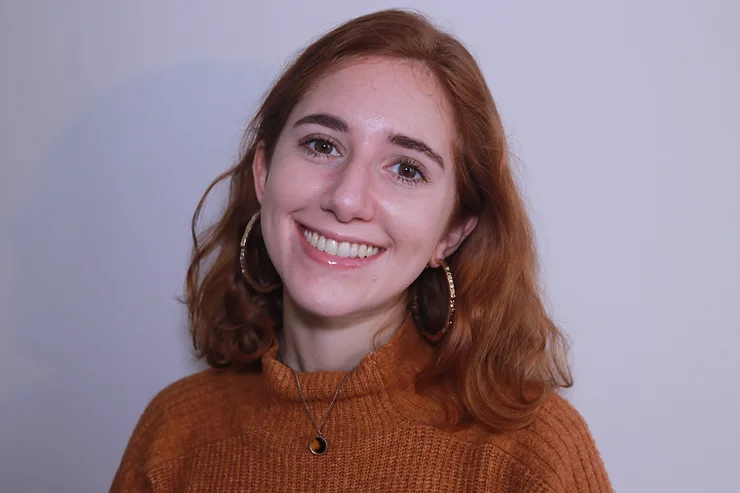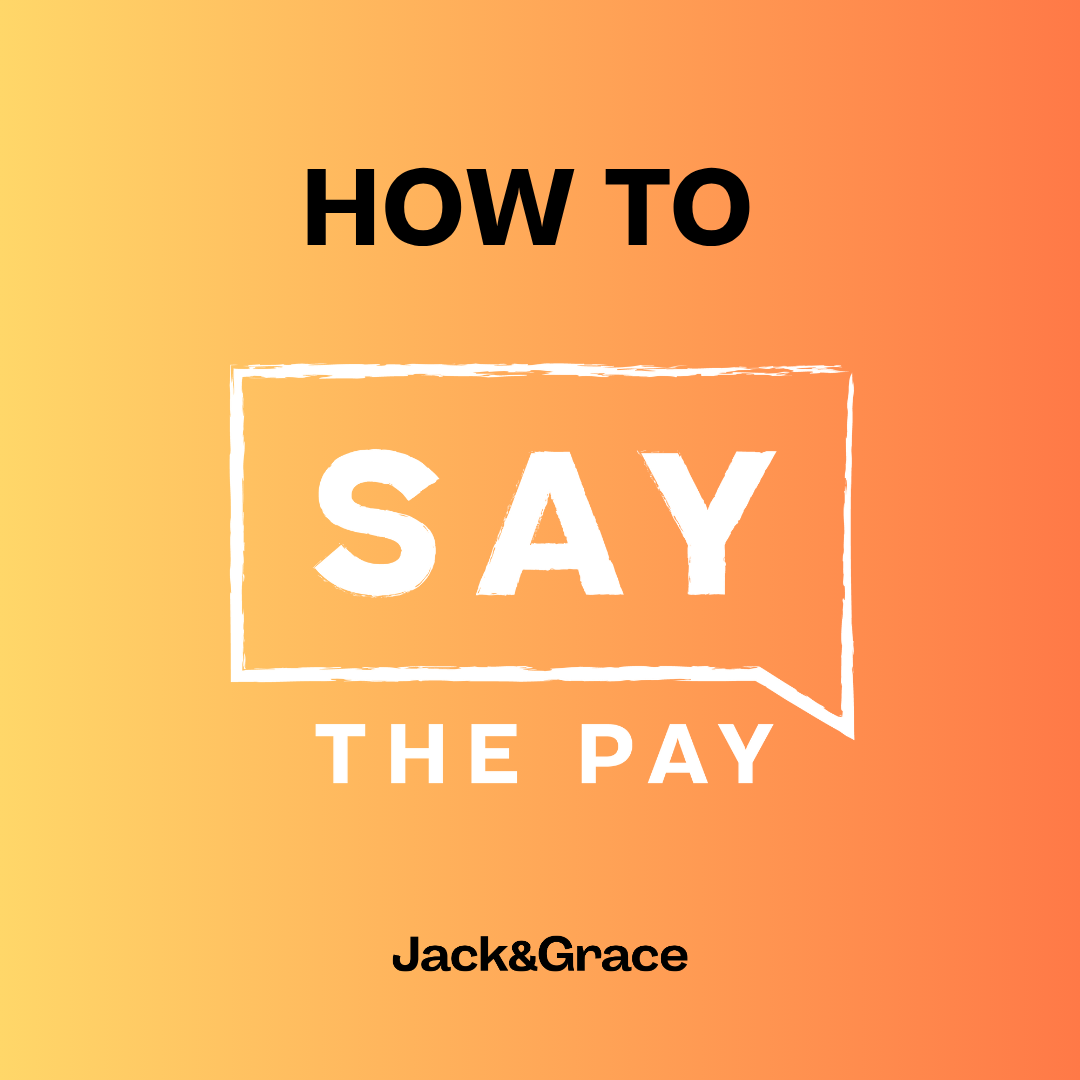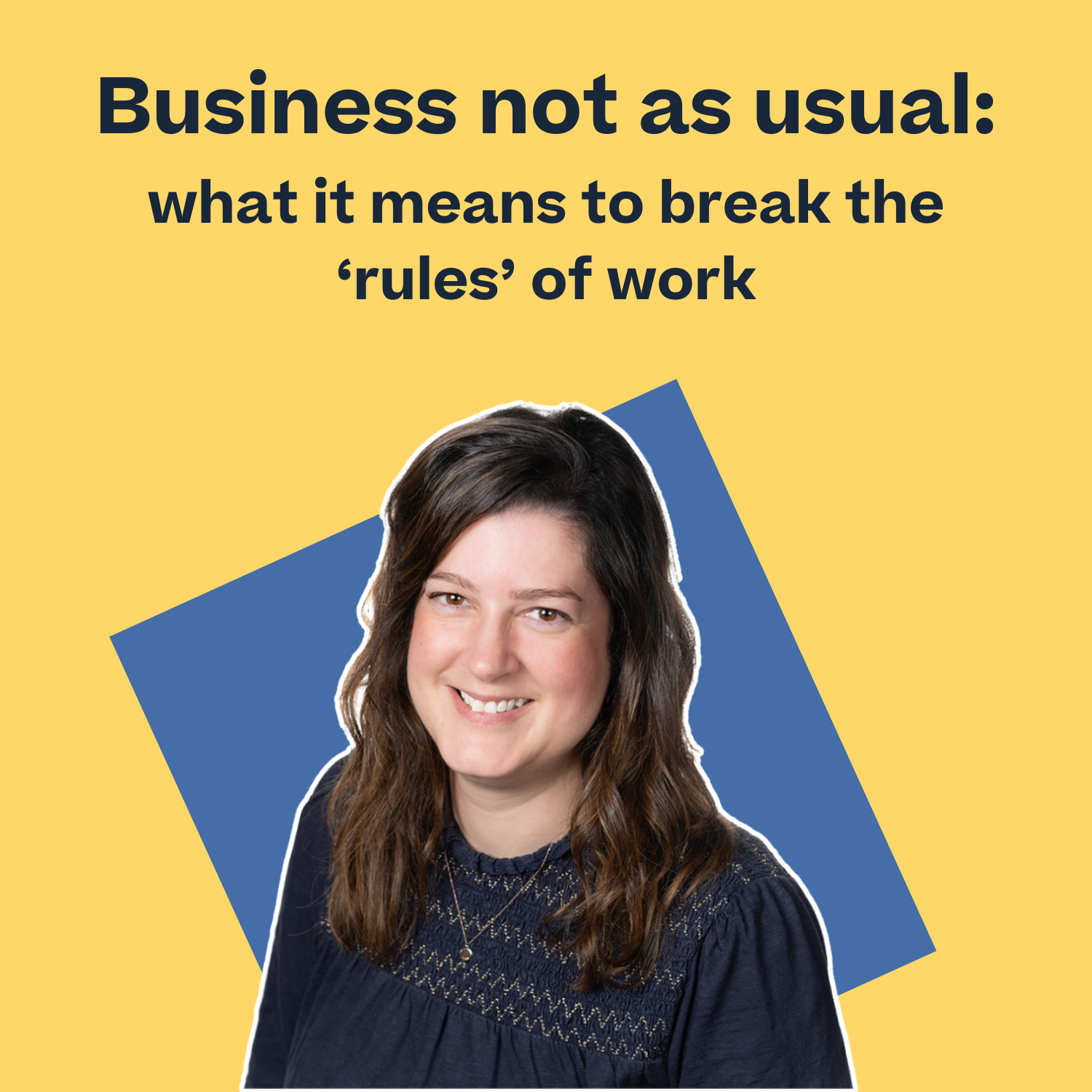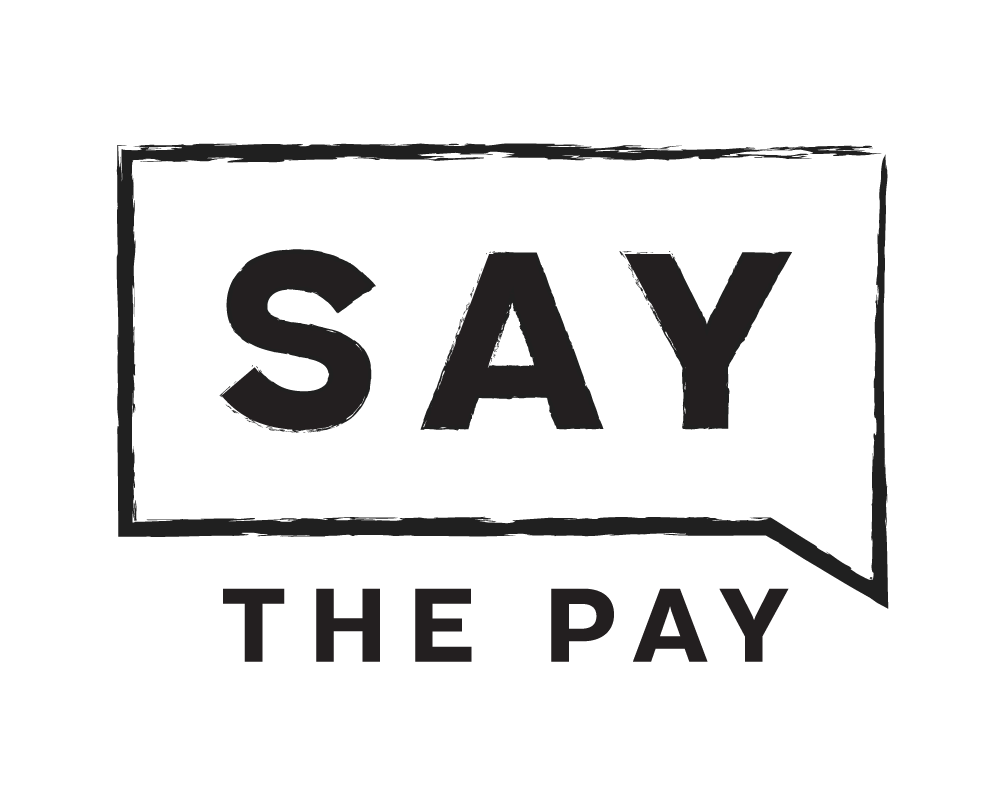News • 08/03/22
IWD22 Cut the Bias: looking young


Written by Kate Sammy, a London-based journalist covering current affairs and culture. In her spare time, she writes and edits the award-winning Cheapskate newsletter, which curates London’s best free events. She’s written for publications including The Week magazine, the Guardian, the i newspaper, Stylist, TIME magazine and Metro.co.uk.
It was the final evening of a magical four-night press trip last October, when my rum-induced high was brought crashing down by a hauntingly familiar comment. I was deep in conversation with a New York-based member of the group about the astronomical living costs of our respective cities, when she uttered five words which filled me with dread: “Wait, how old are you?” After learning my age, she looked genuinely shocked. “I thought you were so much younger”, she replied (since she works in PR, I can only assume that was meant as a compliment). When I asked how old she’d thought I was, she underestimated it by almost a decade.
All my life, I’ve been told I look young for my age. Some of my earliest memories are of my younger sister being mistaken for the older sibling, which, let me tell you, is mortifying when you’re 13 and 10 (my mum became so paranoid about this scenario that she would quickly introduce us as “Kate, she’s the oldest, and Charley, she’s the youngest”). This situation continues to play out to this day; just last week, I was turned away from Boots when trying to buy Paracetamol and my boyfriend was mistaken for my dad. Each time this happens, I’m told the same thing: “You’ll love it when you’re older”. Let the records show that I’m 29 and still waiting for that day to come.
When I entered the workplace, my perceived youthfulness began to have a more damaging effect, beyond the bruising of my ego. While working as a reporter for a major American magazine, I had the opportunity to interview an array of A-listers, from Hollywood stars to global leaders. On more than one occasion, I could see my interviewee’s face furrow when they saw me, presumably offended that the magazine assigned their interview to “the work experience girl”.
I suspect my youthful looks have impacted me when I’ve sat on the other side of the desk, too. During my career I’ve had interviews for roles that I’ve had more than enough experience for, but the feedback given alongside my rejection was that I had a “lack of experience”. Ageism in the workplace is something that’s mainly spoken about in the context of discrimination towards older people – but perhaps it’s a bias that goes both ways?
I’m sure the PR meant no harm when she questioned my age on the press trip, but she inadvertently triggered a life-long sorespot. I immediately analysed my behaviour over the previous four days in manic detail. Had I behaved immaturely? Did I give off the impression that I was inexperienced in my role? Should I have put on more makeup and dressed differently? This self-doubt becomes a vicious cycle, as the less confident I feel, the younger I will subsequently come across to other people.
All that being said, there have been occasions where looking young has been to my advantage. Throughout my journalism career, I’ve secured some great scoops from celebrity interviews, which one editor swore came down to my disarming nature. During a previous role at a women’s charity, I felt grateful for my appearance when interviewing young girls who had experienced violence, as I was a sufficiently unintimidating presence for them to feel comfortable opening up. (And not to mention the various Premier Inn breakfasts I’ve blagged in my 20s because “kids eat free”.)
I know I’m not alone in feeling this way; I have several similarly short and fresh-faced friends who would happily echo these sentiments. I also know that as biases go, looking young is not a discrimination that anyone’s going to start writing to their MP about – and rightly so. That said, I would urge people to avoid making assumptions about someone’s age from their appearance. As the old saying goes, it’s what’s inside that counts.



